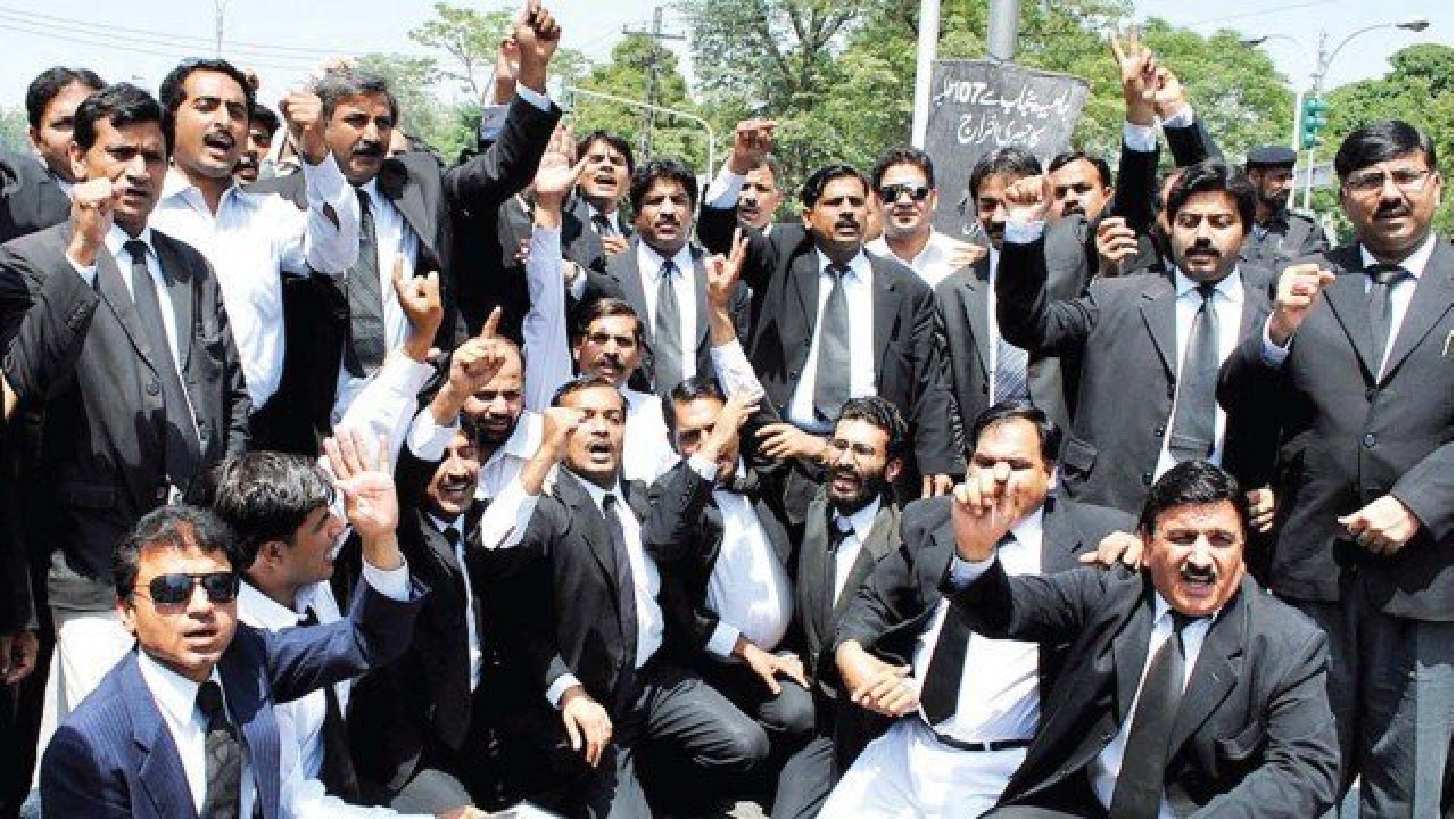The following changes may be considered by the authorities concerned.
1. Wearing of black gown by a lawyer or judge may be avoided. It is a relic of the British who associated knowledge with black colour.
2. Wearing a black coat in this hot country is an inconvenience. So it may be avoided. If it is necessary to demarcate legal people from others a uniform coloured collar may be chosen to go with the white pants and shirt they wear.
Also read: “National Language”
3. It is good to respect a person with a greeting when we meet or part with him. But one is reminded of kings or feudal lords when lawyers, move out of the court walking backwards when the magistrate or judge is in the chair! In a democracy which values equality such behaviour may be avoided.
4. All papers used in courts are of a special ‘legal’ size. All other offices and business establishments now use A4 size paper. Further the papers relating to a court case are always folded vertically. No other office maintains its file in this way. If there is no special purpose, the size of the paper and the way it is folded may be changed.
Also read: “Intolerance”
5. Judicial officers may take steps to cut intentional delaying tactics of parties.
6. Appeals may be permitted based on the importance or complications involved in the case to cut unending litigation.
7. Lawyers need periodic refreshing of their knowledge. So conducting refresher courses would update their knowledge and reduce wrong interpretation of law. Clarity will hasten the legal process and pave way for faster disposal of cases.
8 Without considering the status of the person concerned, stringent action may be taken for contempt of court.
9. English language used in law books is so complicated that it is referred as “legal jargon”. Even experts in English language find it difficult to understand some expressions. It is an urgent necessity to rewrite the law books in simple English.
10. The addressing ‘Your Honour’ or ‘My Lord’ is also a legacy of the British. These words indicating royalty may be changed to ‘Sir’ which is acceptable in Indian English.
Also read: “I for You”




